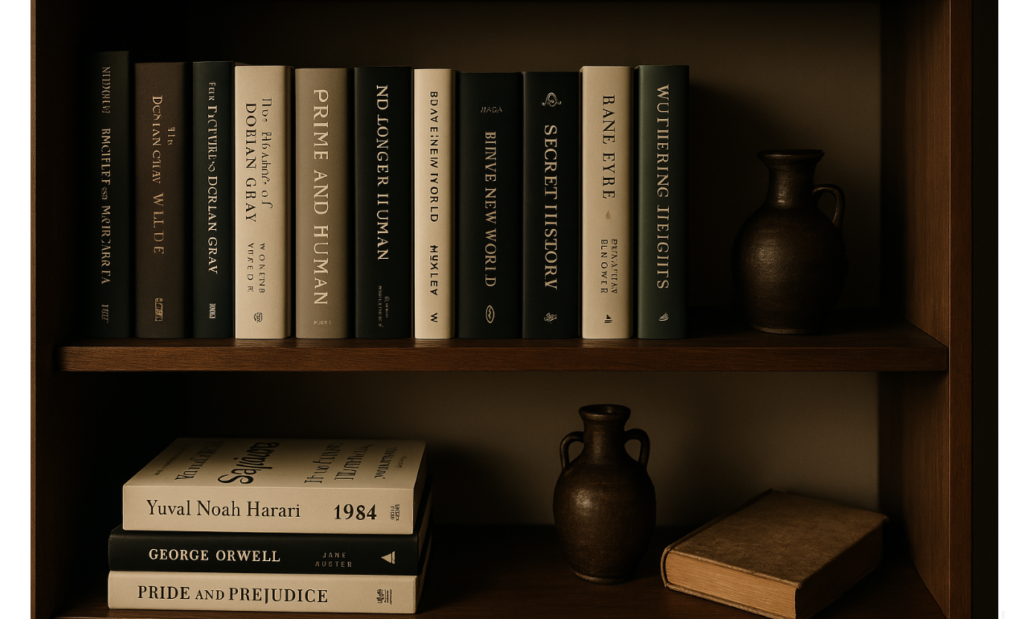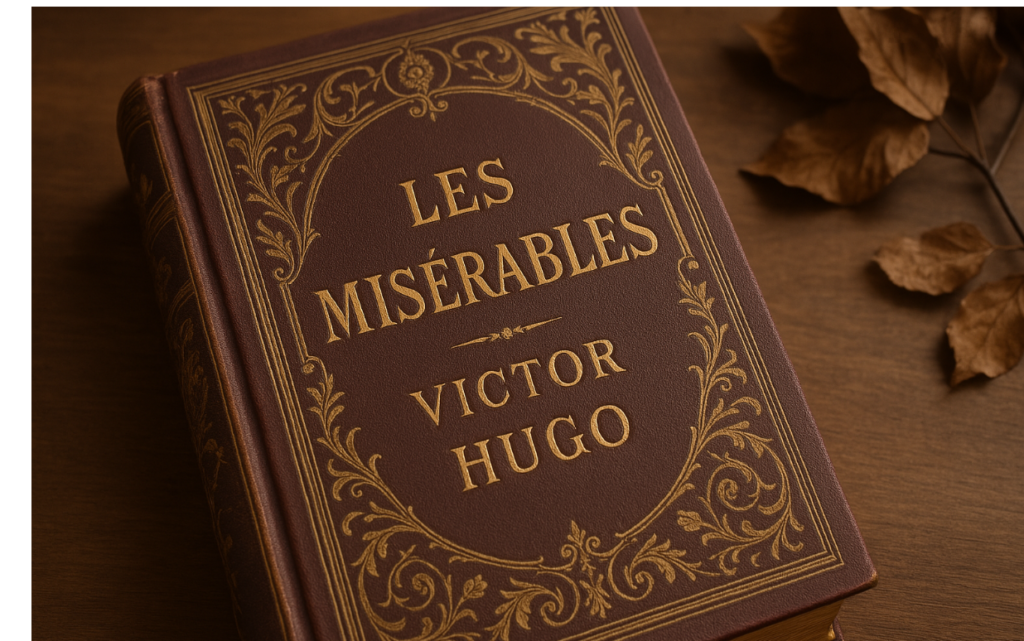The Psychology Behind Why People Lie About Reading Books
April 1, 2025 | by Mindseek

Ever told someone you’ve read a book when you actually… haven’t? Maybe it was Pride and Prejudice, War and Peace, or that self-help book you swore would “change your life” (but instead changed the way it gathered dust on your shelf).
Don’t worry—you’re definitely not alone. Lying about books is surprisingly common. But why do we do it? Is it simply to sound smarter, or is there something deeper happening in our brains?
Let’s dive into the fascinating psychology behind why you lie about reading books—how social media trends shape our reading habits, the cognitive biases at play, and how you can build a more authentic reading life.

The Fear of Looking “Uncultured”
Let’s face it: No one wants to feel left out of an intellectual conversation. When a group starts passionately debating 1984, your brain whispers: “Oh no, they’re all nodding like they understand this. Just nod too. Maybe throw in a ‘Yeah, Orwell really predicted the future, huh?”
This is impression management, where we adjust our behavior to appear more cultured or intelligent—even if it means bending the truth a little.
👉 What you can do instead: Instead of pretending, try asking, “I haven’t read it yet, but I’d love to know what you think!” This way, you engage honestly in the conversation. You might even discover new perspectives that help you decide if the book is worth reading.
Tip to Try: If you feel insecure about not reading a book everyone’s talking about, ask others for their opinions. Instead of feeling left out, ask, “What did you like most about it?” This keeps you in the loop without faking knowledge. People enjoy sharing what they’ve learned, and you’ll get honest insights that help you decide if it’s worth reading.
The Dunning-Kruger Effect (a.k.a. The “I Totally Get This” Syndrome)
Ever skimmed a book summary and felt like you basically got the gist? That’s your brain playing a trick on you. The Dunning-Kruger Effect is when we overestimate our understanding of something we’ve barely encountered.
So when someone asks, “Have you read Sapiens?” and you vaguely remember a YouTube video about it, your brain might go: “Close enough. Say yes.”
This happens often in academic or professional settings where we feel pressure to “keep up” with others.
📖 How to Fix It:
- Instead of pretending, say something like, “I know about the book, but I haven’t read it yet.” People respect honesty more than fake knowledge.
- Tip for Summaries: Use book summaries as a tool to help decide whether you actually want to dive into the full book, not as a replacement for reading the book itself.
- Tip for Slow Readers: Don’t rush! Give yourself permission to read at your own pace. Deep understanding is better than skimming through for the sake of finishing.
Social Pressure, Aesthetic Trends & The “Dark Academia” Effect
Ever noticed how certain books suddenly become trendy?
One day, nobody is talking about Sylvia Plath. The next, social media is flooded with The Bell Jar quotes, aesthetic book collections, and moody images of classic literature.
It’s tempting to say, “Oh yeah, I love Plath’s poetry,” even if you’ve only ever read a few lines online. This is the Bandwagon Effect, where we follow trends because it feels like everyone else is doing it.

Why This Happens:
- Social media often romanticizes books, making them seem like personality traits, rather than something we actually enjoy reading.
- Books become linked with specific aesthetic movements—like Crime and Punishment for its “brooding intellectualism” or The Picture of Dorian Gray for its gothic elegance.
- We sometimes feel pressure to “perform” our reading habits, thinking it’s about impressing others rather than reading for personal growth.
How to Read More Authentically:
- Ask yourself: Do I really want to read this book, or am I just following a trend? It’s okay to not like the same books as everyone else.
- Tip to Challenge Trends: If you feel like you’re just jumping on a trend, focus on finding books that you genuinely connect with, even if they’re not popular right now.
- Tip for Classics: If you’re intimidated by a classic, start with a modern take or summary before diving into the full book.
The Illusion of Identity (a.k.a. The “I’m the Kind of Person Who Reads This” Syndrome)
Sometimes, we don’t lie to impress others—we lie to ourselves. For example:
- You buy The Power of Now because you want to be the kind of person who reads deep, philosophical books.
- You tell people you’re reading The Brothers Karamazov because it aligns with the “intellectual” persona you admire.
- You post a picture of A Brief History of Time on Instagram, even though you’ve only read the first two pages.
This is identity signaling—we adopt behaviors or fake them to reinforce the image we want others to see, and sometimes even to reinforce how we want to see ourselves.
📖 How to Build a Real Reading Identity:
- Curate your bookshelf for yourself, not for anyone else. Choose books that truly interest you.
- Tip for Real Engagement: Read books because you’re interested, not just because they make you look a certain way.
- Tip for Identity: Focus on the learning experience rather than the “image” of being well-read. It’s about quality, not quantity.
The “Guilt Complex” (And Why It’s Okay to Not Read Everything)
Some people lie about reading books because they feel guilty about not reading enough. Our culture glorifies reading as a sign of intelligence and success. You’ll hear things like:
- 📖 “All successful people read every day.”
- 📖 “Smart people finish at least 50 books a year.”
- 📖 “If you don’t read, you’re missing out on success.”
The guilt piles up, and before you know it, you’re pretending to have read Les Misérables when you only made it through the first chapter.

How to Overcome Reading Guilt:
- Stop the Pressure: Let go of the idea that you must read a certain number of books. Quality > Quantity.
- Tip for Time: If you can’t find time to read, try setting small, achievable goals like reading just 10 pages a day. Small steps lead to big results.
- Tip for Busy Lives: Experiment with audiobooks, podcasts, or graphic novels to keep yourself engaged in the reading experience, even when life gets hectic.
Final Thought: Honesty Over Pretense
Lying about books might feel harmless, but it can keep you from authentic conversations and real learning. Instead of faking it, try:
- Asking people about their thoughts instead of pretending you’ve read the book.
- Accepting that you can’t read everything, and that’s okay.
- Reading for your own growth, not to impress others.
So, be honest—have you ever lied about reading a book? No judgment. Let’s talk about it in the comments!
RELATED POSTS
View all




Leave a Reply